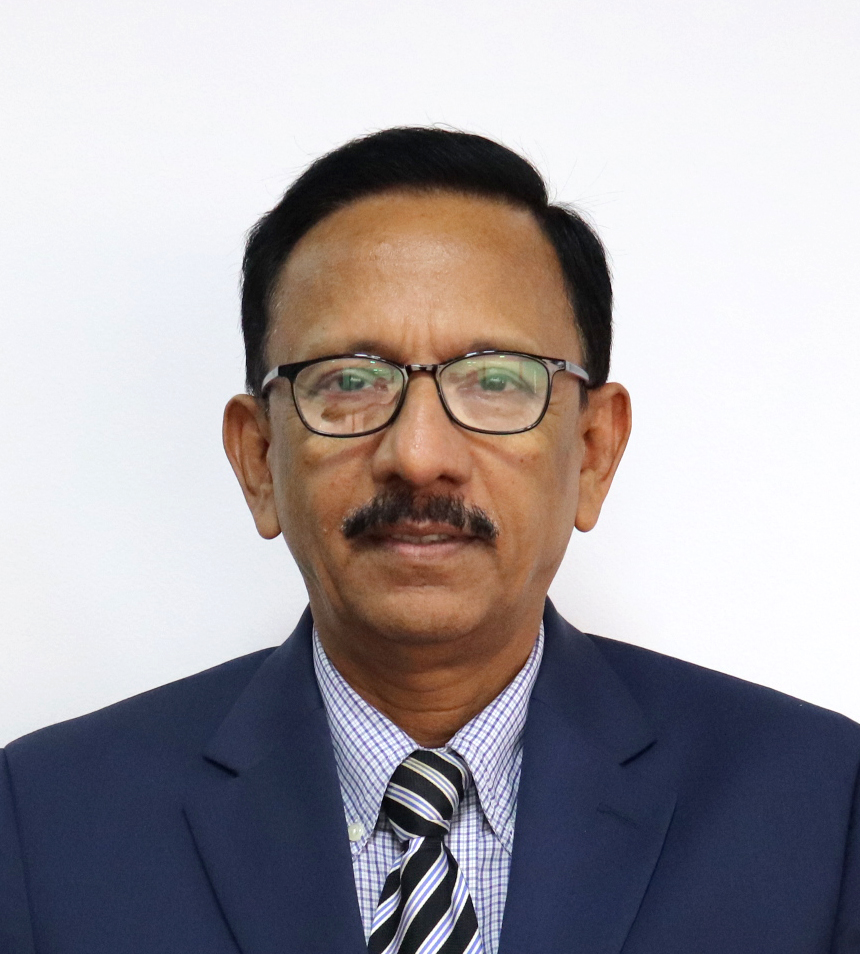Capacity Build-up for Power and Energy Systems Research and Teaching at BUET (Modern Power System Simulator)
Implementing Entity: Department of Electrical and Electronic Engineering, Bangladesh University of Engineering and Technology
Introduction
Electricity shapes the world and the life style of the people in it. Electric power and energy systems are vital to the existence and evolution of modern civilization. The major input for elevating Bangladesh to the status of a developing country from that of a LDC, is reliable supply of electricity. So besides expanding generation, transmission and distribution facilities it is equally necessary to undertake teaching, research and to build trained manpower for planning, design and operation of Bangladesh power system. This should start from the academic premises because only on-job training for a shorter period in one’s career may not prove effective to build the base of future power engineers.
Since last three decades, there has been a concern over environmental pollution besides depletion of fossil fuel reserve at an extensive rate leading to energy insecurity. Consequently, renewable resources such as wind and photovoltaic are being considered as alternative energy options. Also, application of modern technologies such as flexible AC transmission systems (FACTS), High Voltage DC (HVDC), smart grid etc. is significantly increasing all over the world. Following the world-wide trend, Bangladesh power system is entering a new era in terms of its generation mix, integration of renewable and distributed energy resources and state-of-the-art operating and control strategies. As a result, continuous enhancement of research and teaching capacity in academia is extremely important to meet the forthcoming scenarios.
Bangladesh University of Engineering and Technology (BUET), being the premier engineering institution and role model for other institutions of higher learning in Bangladesh, needs to further develop its capability to better train graduate and undergraduate students to tackle the challenges of the future power and energy systems.
The Department of Electrical and Electronic Engineering (EEE) regularly updates its course curricula considering recent developments in engineering and technology. At present the curricula include19 undergraduate theory and lab courses (such as power system I and II, renewable energy, power plant engineering, power transmission and distribution, power system protection, nuclear power engineering, smart grid etc.) and 15 postgraduate courses in power system and energy conversion areas. As such, research and laboratory facilities need to keep pace with the update of course curricula. Therefore, inclusion of a ‘Modern Power System Simulator’ in the power system lab was extremely essential. The EEE Dept., BUET has a pool of faculty who have specialisation in power system and the knowledge and skill required to extract maximum benefits from such a modern teaching and research aid.
Objectives
The major objective of this capacity build up project is enabling the students who intend to build a career in modern power system, to learn and do research on detailed modelling, interactions, control and monitoring of the established and emerging electrical power apparatus such as synchronous generator, transmission line, transformer, multi-terminal HVDC systems, static VAR controllers (SVC), STATCOMs (Static Compensators), energy storage, plug in hybrid electric vehicles (PHEV), FACTS devices, renewable generation and other advanced concepts including smart grid and electricity market.
Methodology
The Modern Power System Simulator consists of three main components viz. i) computers with enhanced facilities and ii) simulator termed PSS®E developed by Siemens PTI, USA and iii) simulator termed PSS®SINCAL developed by Siemens PTI.
The simulator is deployed in Power System Lab of the EEE Dept., BUET in a client-server mode to train undergraduate and postgraduate students with the most modern platform of power system research. This can be accessed simultaneously by 5 persons for their individual teaching/learning and research activities.
Some of the main features of the “Modern Power System Simulator” are outlined below.
- Power system planning and electricity demand forecasting;
- Power flow analysis, contingency analysis, voltage stability analysis and reliability assessment considering conventional and renewable generation sources, and distributed energy resources (DERs);
- Balanced and unbalanced fault analysis;
- Dynamic simulation for small signal and transient stability analysis;
- Solar and wind integration;
- HVDC study;
- Substation grounding;
- Power system protection design;
- Electromagnetic transients simulations to investigate into the impacts of grid tied DERs (PVs and PHEVs) on transformers;
- Line constant calculation;
- Optimal power flow;
- Power quality analysis.
Outcome
Teaching, research and training using “Modern Power System Simulator” will lead to:
1. Developing graduates with updated knowledge and skills suitable for employment in national as well as global job market for power and energy including training and research institutions;
2. Developing graduates with ability to grasp the state-of-the-art technology in power and energy areas;
3. Developing right kind of engineers for the country’s power system;
4. Direct contribution to the national economy through improved and hassle free planning, design and operation of power system including conventional and renewable energy sources;
5. Publishing scholarly paper in renowned international journals and thus publicizing the achievements of Bangladesh on the line of power and energy.



































